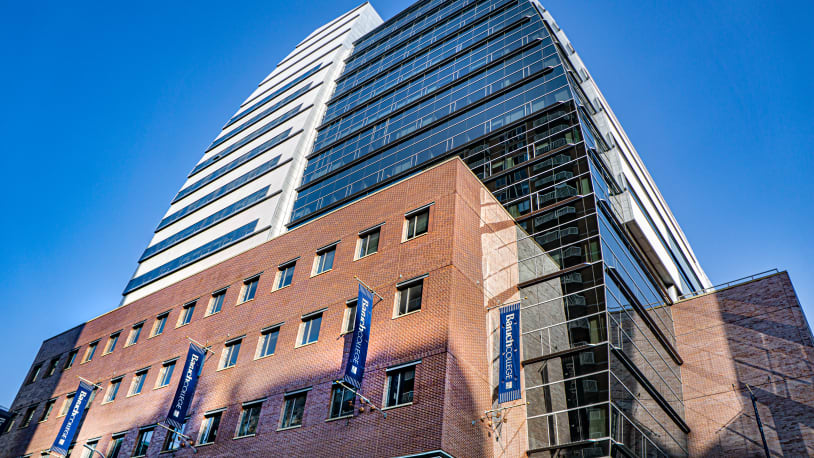
Hedge funds’ favorite public college
Here are three of the week’s top pieces of financial insight, gathered from around the web:
Credit card headaches abroad
Chase’s highest-end credit card declines a distressing number of overseas transactions, said Seth Kugel in The New York Times. On a trip to Brazil, I “had dozens of transactions declined” with my Chase Sapphire Reserve and a Delta-branded American Express card. This isn’t supposed to happen, especially with the Chase card, which is touted as “one of the best travel cards out there,” with a $550 annual fee. A reader wrote to say that she had the same thing happen with her Sapphire card on a trip to Europe. I looked into her case. Chase said that on two of the occasions that her card didn’t work, there was a chip malfunction; another rejection was caused by a fraud warning, for which she didn’t get a text alert on her phone, and customer service was no help. There’s no good answer, unfortunately, for overeager fraud-detection algorithms — except to carry multiple cards when you go abroad.
A big payoff on a mystery investment
You’ve heard of house flipping. Now there’s “pallet flipping,” said Megan Sauer at CNBC. In December 2020, Jamie and Sarah McCauley saw a Facebook post from a Michigan distributor offering to sell a pallet of returned goods from big-box retailers like Target, Walmart, and Amazon for $550. “The caveat: You don’t know what items are in the boxes.” The McCauleys took the gamble. Since then, they “estimate they’ve spent about $7,150 on pallets” and cashed that into $19,500 in profit “by reselling those items in those boxes on eBay and Facebook Marketplace.” Most of the returned items were “opened and lightly used,” and the McCauleys resold them “at roughly 60 percent of their original price.”
Hedge funds’ favorite public college
Baruch College has built a pipeline to Wall Street that rivals the Ivy League’s, said Heather Perlberg in Bloomberg. The Manhattan-based institution, a member of New York City’s public university system, boasts a master’s in financial engineering program that tops those of Princeton, MIT, Cornell, and Carnegie Mellon, according to QuantNet, an online forum for financial engineers. Only 25 students are accepted into the program per year, and “applicants go through several rounds of interviews.” About 70 percent of the graduates “end up going to work for hedge funds.” The program’s value proposition is also unbeatable. “An 18-month Baruch MFE costs a New York City resident about $29,000,” roughly a quarter the cost of a similar degree from MIT.
This article was first published in the latest issue of The Week magazine. If you want to read more like it, you can try six risk-free issues of the magazine here.
Here are three of the week’s top pieces of financial insight, gathered from around the web: Credit card headaches abroad Chase’s highest-end credit card declines a distressing number of overseas transactions, said Seth Kugel in The New York Times. On a trip to Brazil, I “had dozens of transactions declined” with my Chase Sapphire Reserve…
Here are three of the week’s top pieces of financial insight, gathered from around the web: Credit card headaches abroad Chase’s highest-end credit card declines a distressing number of overseas transactions, said Seth Kugel in The New York Times. On a trip to Brazil, I “had dozens of transactions declined” with my Chase Sapphire Reserve…